
The road to Eagle Scout is a long journey designed to not only teach
boys the basic skills of Scouting and the outdoors but also to instill
in them character, leadership, discipline, and personal responsibility.
Scouts progress through a series of rank advancements. Early ranks are
designed to introduce boys to the foundational skills and principles
of Boy Scouting. These early ranks also teach them the importance of
cooperation and working with and relying upon others in their unit and
patrol. The later ranks focus on the development of leadership
and community service as well as the fine tuning of the boys' Scouting
skills through the earning of subject specific merit badges. Everything
done to advance and earn these ranks, from joining until leaving the
program, is designed to help boys have an exciting and meaningful
experience in Scouting. Scouting skills - what a boy knows how to do -
are important, but they are not the most important aspect of
advancement. Scouting's concern is the total growth of boys to young
men. This growth may be measured by how they live the Scouting
ideals in their daily lives.

The first badge of Boy Scouting can be earned as soon as a boy joins a troop, especially if he has
earned his Arrow of Light as a Webelos scout. This first recognition is earned by applying and
memorizing some important scouting basics.
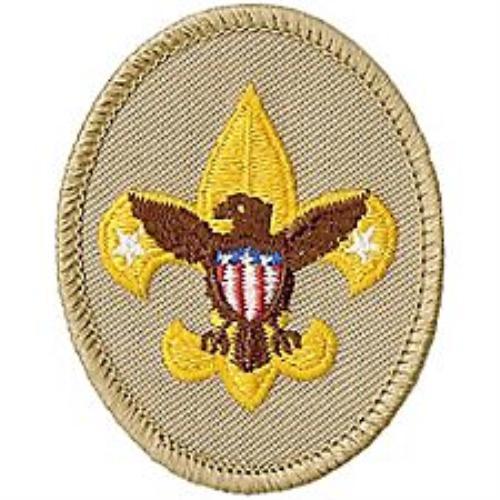 Tenderfoot is the first rank earned as a Boy Scout. The requirements of becoming a Tenderfoot provide
Tenderfoot is the first rank earned as a Boy Scout. The requirements of becoming a Tenderfoot provide
basic skills to begin preparing the scout for higher adventure outings. Earning badges and receiving
recognition can be very satisfying to boys. However, keep in mind that the badge is only a
representation of a valuable set of skills that scout has learned and demonstrated. The skills, wisdom,
and experience gained through the activities of the scouting program are of much more value than a
small badge.
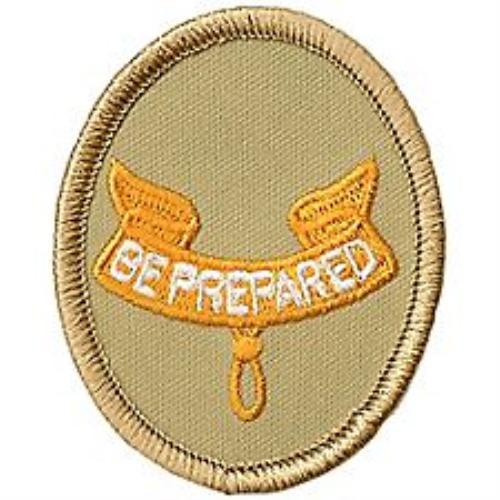
Second Class scouts work on building their outdoor survival and camping skills. Compass work,
nature observation, camp tools, and swimming are areas where new skills are mastered and
demonstrated. A second class scout, having completed all the requirements, should be able to
lead a hike, care for his own equipment, set up a campsite, and perform basic first aid.
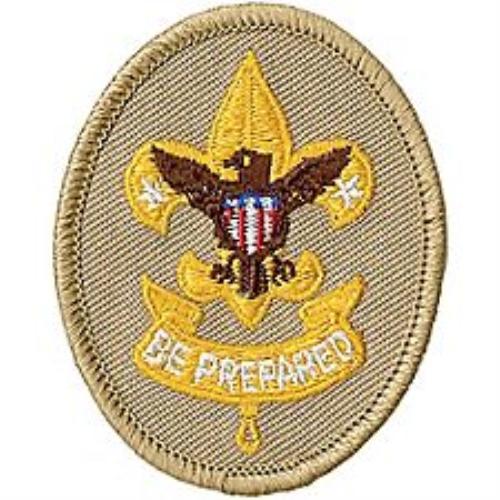
When the First Class rank is attained, a scout has learned all the basic camping and outdoors
skills of a scout. He can fend for himself in the wild, lead others on a hike or campout, set up a
camp site, plan and properly prepare meals, and provide first aid for most situations he may
encounter. A First Class scout is prepared.
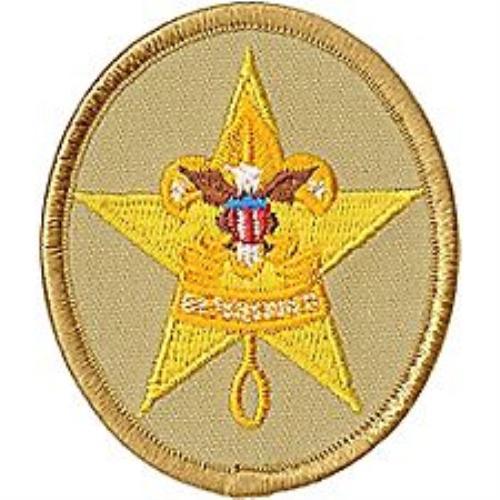
Up through First Class rank, a scout was busy learning skills and becoming a self-sufficient
scout. He now moves from being a learner to being a leader. The Star rank is attained with
participation, leadership, service, and self-directed advancement through merit badges.
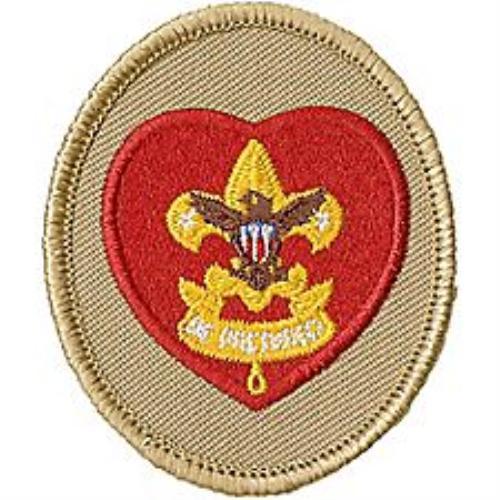
Continuing to develop leadership skills, the Life Scout rank is earned by fulfilling additional
leadership positions, service hours, and merit badges. A Life Scout is expected to be a role model
and leader in the troop, providing guidance to new scouts and helping the troop however he can.
Being a good leader can only be learned by doing and troop leadership positions allow the scout
to make decisions, lead discussions, and encourage others.
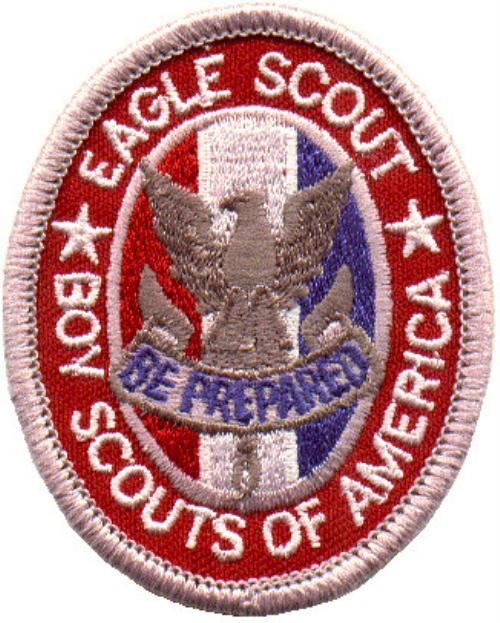
Attaining the Eagle rank is often the end goal of a scout and his parents. It looks good on a
resume and shows commitment to a program over an extended span of time. But, just like each
rank advancement before it, the Eagle rank is a major advancement milestone, but not the
culmination of scouting.